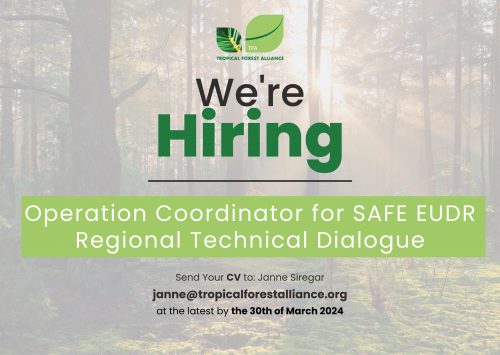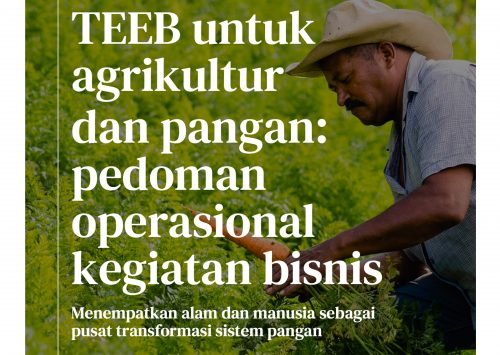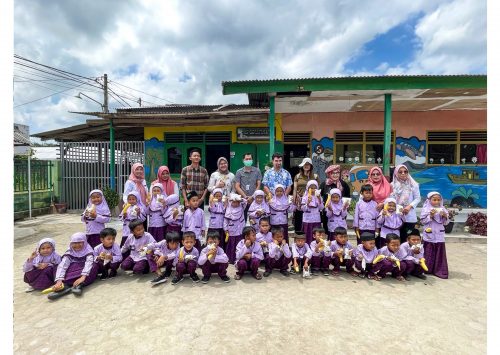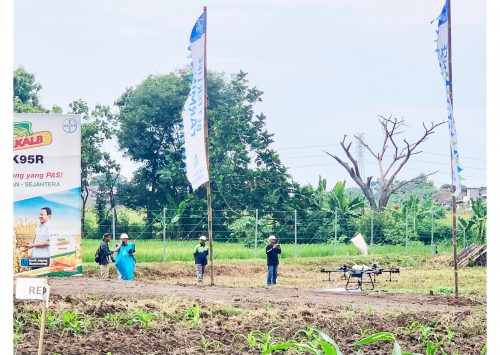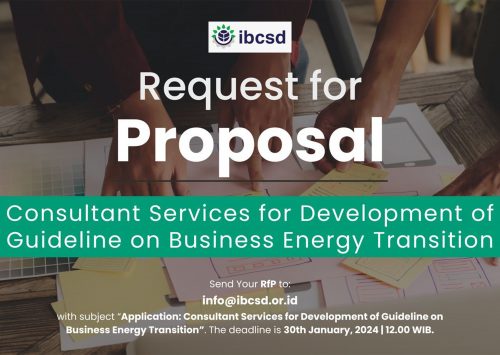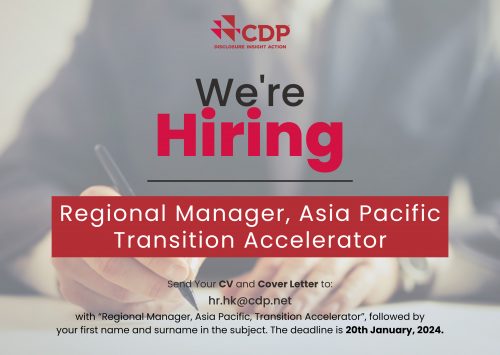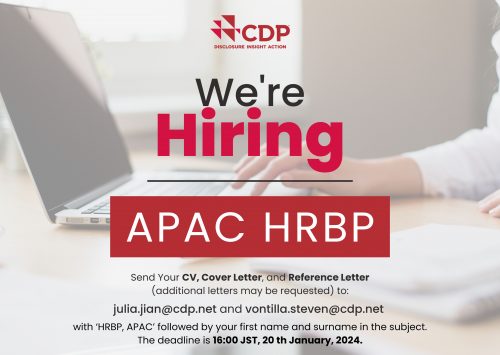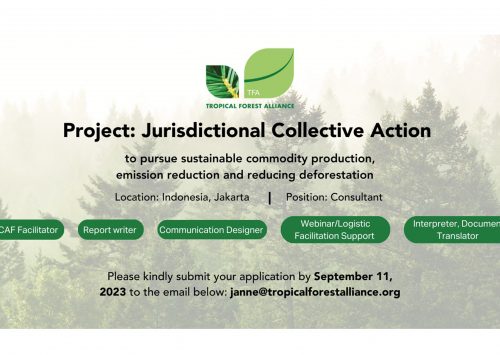Oke Nurwan, Director General of Domestic Trade, Ministry of Trade, also conveyed that the COVID-19 pandemic had an impact on changes in the trade. In maintaining the sustainable industry, Oke said that 9 things are the focus in the Sustainable Consumption and Production (SCP) framework. The regulations for implementing industrial sustainability have been translated into various regulations by the Ministry and the Regional Regulations. But the next question is, can Indonesia commit to SDG 2030 from the Covid-19 pandemic?
Arief Susanto – Head of Sustainability Program & Impact / Social Contribution, the Association of Indonesian Food and Beverage Entrepreneurs (GAPMMI) said that during the pandemic the food and beverage industry is no longer only concerned with food availability and food security, but also natural resources and resilience. For this reason, the food and beverage industry has a role to help the community become a top priority. The best effort is how the community is still able to buy their needs (affordability), have easy access (accessibility), and fulfill their nutritional and nutritional needs.
In the sharing session, Debasmita Kumar, Sustainability Strategy, Accenture Development Partnerships explained that despite the pandemic, global demand for palm oil continues to increase, raising concerns about the negative impact on Southeast Asia. This is because the current trend in the palm oil industry has led to the 100% RSPO-CSPO’s commitment. Unfortunately, however, less than 25% of palm oil companies in Asia are RSPO certified.
The panel discussion discussing palm oil products and sustainable sourcing presented various perspectives from resource persons attended by Emil Satria, Director of Forest and Plantation Products Industry, Ministry of Industry; Ribut Triwanti, Deputy Head of Sustainability Program & Impact/Social Contribution, GAPMMI; Ali, Triambodo, RSPO Management Representative, PT Wahana Citra Nabati; Arya Kusumo, Sustainability Department Head, PT Lion Super Indo; Kharisma Fitriasari, Head of Corporate Communications, PT Mondelez Indonesia; Joko Sarjito, Sustainable Commodities Program Manager, WWF Indonesia Foundation and moderated by Risyika Putri Istanti, Deputy Head of the Lingkar Temu Kabupaten Lestari Program.
To encourage increased absorption of sustainable palm oil in Indonesia, Emil Satria said that the government has designed ISPO (Indonesian Sustainable Palm Oil) regulations for the management system of oil palm plantations from upstream to downstream, issuance of progressive levy tariff policies, harmonization of export customs and incentives for R&D and other activities. vocation. In a state of the COVID-19 pandemic, the Ministry of Industry issued a Mobility and Industrial Activity Operational Permit (IOMKI).
The palm oil industry sector both upstream and downstream has remained high-performing during this pandemic. In the upstream sector, the price of CPO which tends to be high from the beginning of the pandemic until now has been able to become the mainstay of creating the welfare of the oil palm farming community, especially in the 3Ts (Outermost, Innermost and Disadvantaged). Meanwhile, in the downstream sector, the supply capacity of the oleochemical industry has a high enough demand for the domestic and export markets.
Later in the session, Ali Triambodo and Arya Kusumo shared success stories of collaboration between upstream and downstream companies in realizing sustainability in the palm oil industry. PT Wahana Citra Nabati and Superindo made an action plan for sustainable palm oil which strives to provide healthier choices for customers. These two companies carry out an education campaign on sustainable product awareness by releasing a collaboration product of palm cooking oil with the RSPO label code. While Kharisma Fitriasari also shared the commitment of PT Mondelez Indonesia in the use of palm oil with the “Palm Oil Action Plan” and Traceability. Where Mondelez uses RSPO certified palm oil suppliers.
WWF Indonesia strives to help companies by assisting, enlightenment so that they can meet sustainability and traceability standards both downstream and upstream. In addition, WWF Indonesia also encourages companies that already commit to sustainability, provide education to their consumers.
Ribut Triwanti stated that GAPMMI has encouraged its members to practice sustainability. This is a challenge because as an association, GAPMMI must be able to provide knowledge and awareness of the extent to which members understand and desire to redesign business strategies towards sustainable practices. Because implementing sustainability is not easy and cheap. Requires time and resources, government support in implementation as well as assistance and monitoring.
From this panel discussion, the speakers called to action through 4K (Komitmen, Kiat, Kolaborasi dan Kontribusi). Strong commitment from the regulatory side. Tips for real action that are innovative and creative in turning challenges into opportunities. Collaboration and Contribution of all parties to achieve sustainable consumption and production practices.
